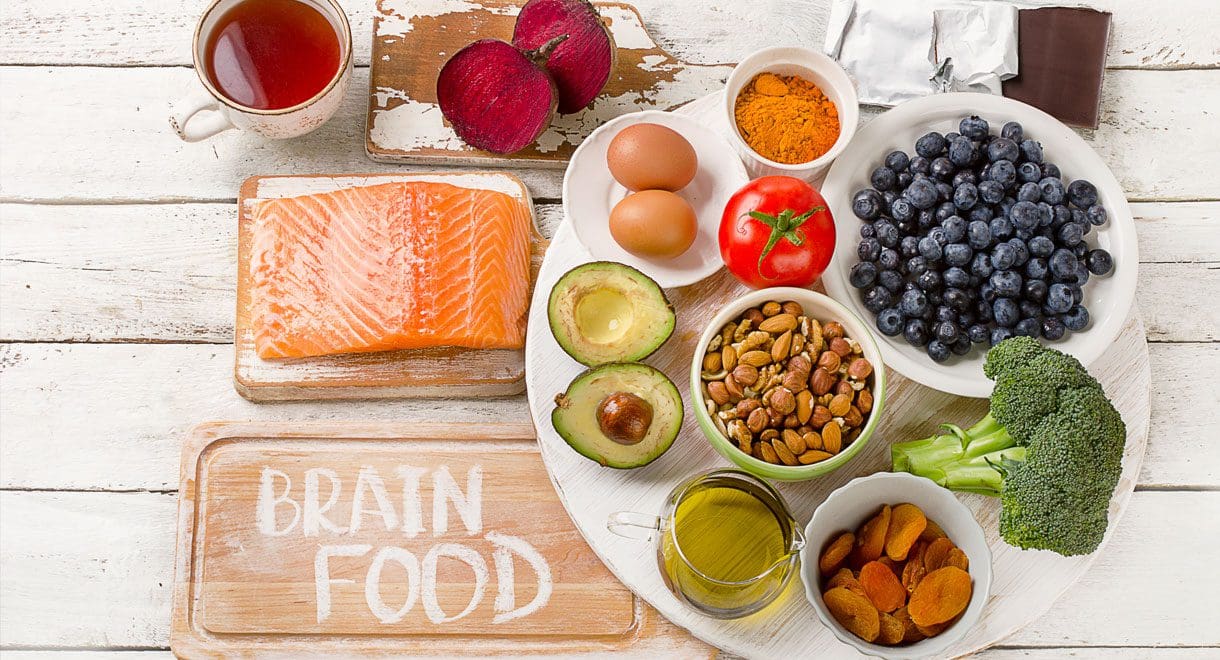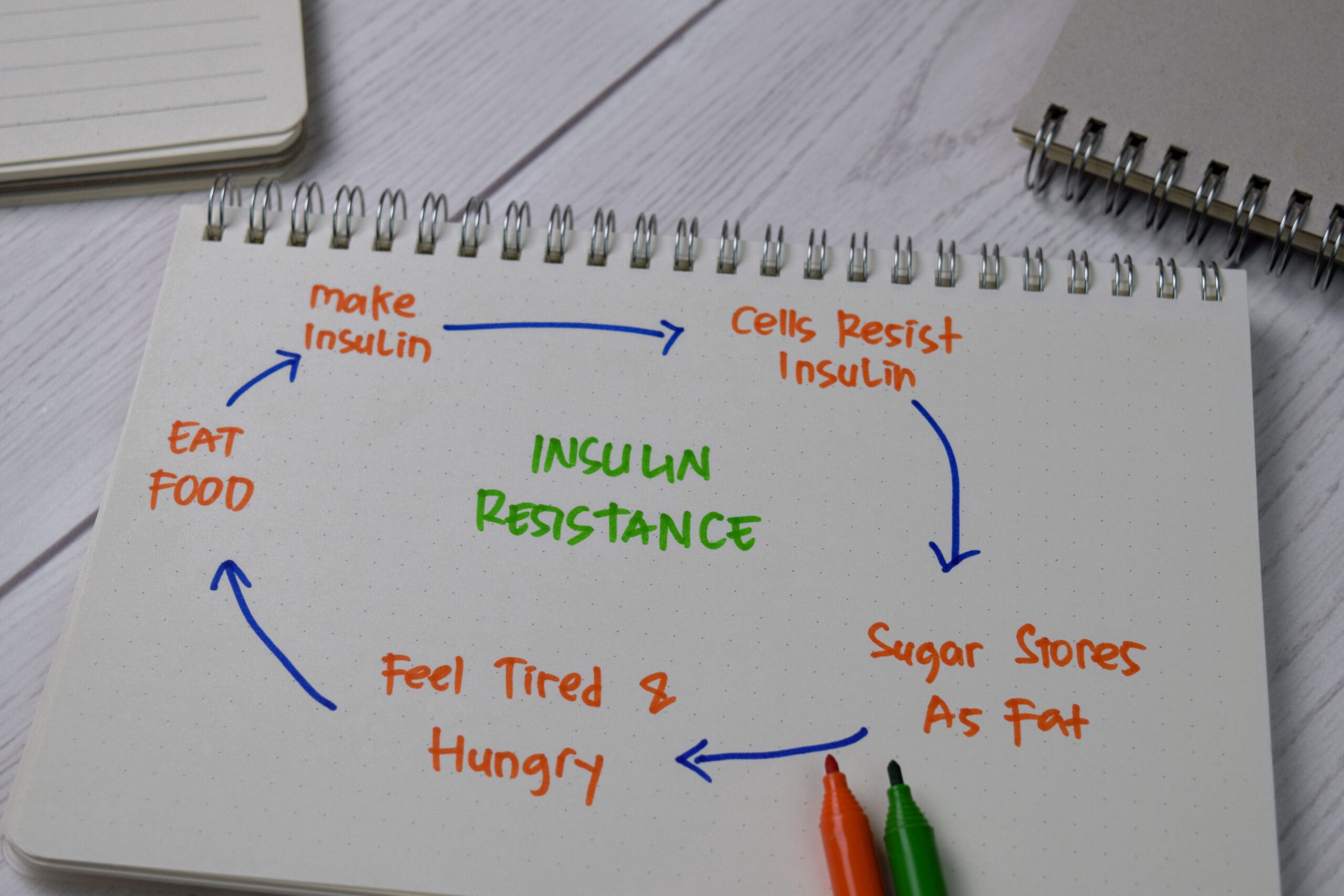Alzheimer’s Disease – What Is Good For Your Heart Is Good For Your Brain
Wisdom, peace and happiness should be the redeeming attributes of growing older and nothing is more important than a healthy and functioning brain. We can adjust to grey and thinning hair, a few aches and pains, less energy and skin that wrinkles. However losing mental dexterity and the ability to enjoy our own intellectual pursuits and passions is something that is very hard to accept – especially when there is so much you can do to save your brain.
Alzheimer’s disease (AD) is a progressive neurodegenerative disorder that results in loss of memory and cognitive function. It is the most common cause of dementia in adults aged 65 and over. Currently, prescription drugs are available that may slow the progression of the disease, but none of these are effective in stopping the progression of AD.
There are approximately 47 million people worldwide with 7.7 million new cases each year. The estimated proportion of the general population aged 60 and over with dementia at a given time is between 5 to 8 per 100 people. In Australia more than 354,000 live with dementia and it is the second leading cause of death in this country.
Symptoms of dementia are more commonly noticed by families three years before a firm diagnosis is made. Clinical signs are characterized by progressive cognitive deterioration, along with declining activities of daily living and neuropsychiatric symptoms or behavioural changes.
The most striking early symptom is memory loss or amnesia which usually manifests as minor forgetfulness. This becomes steadily denser as the illness progresses with older memories being relatively preserved.
Scientists are urgently trying to find why the disease affects some but not others. One recent study (August 2016) showed that eating a large amount of fatty foods and living in a polluted area may increase dementia risk, whereas taking regular exercise and keeping cholesterol at healthy levels may lower risk.
When looking at the risk factors for dementia, Dr Peters, neuropsychologist from Imperial College London is especially focused on those factors that we have the power to change – such as weight, blood pressure and alcohol intake.
Dr Peters explained: “The evidence is increasingly suggesting that keeping a healthy blood circulation throughout the body is crucial for lowering dementia risk — in other words, what is good for your heart is good for your brain.”
The brain receives an adequate supply of oxygen and nutrients when the heart, arteries and veins are healthy, which keeps our neurons functioning properly.
Dr Peters says, “There are still large gaps in our knowledge when it comes to dementia risk, which scientists are working hard to fill — but in the meantime keeping yourself fit, active and healthy will keep your brain — and body — in good shape.”
“Keeping healthy in middle age is important for brain aging and reducing the risk of dementia in old age — but it’s never too early or too late to take steps to reduce your risk,” says Professor Kaarin J Anstey, Director of the Centre for Research on Ageing at Australian National University.
Dr Sandra Cabot says, “I have come to firmly believe that after 40 years of clinical practice there are not just one but a whole range of strategies that can stop or slow down AD and other types of dementias, and improve your memory.”
Methylation is a chemical process that occurs in a cycle in your body’s cells that is vital to enable your cells to make other substances work correctly. Methylation is one of the body’s most important and most common chemical processes and is very important for protecting the brain and making neurotransmitters such as dopamine, serotonin and acetylcholine. In other words, you need to be good at methylation to feel happy, relaxed and mentally switched on. This also reduces your risk of dementia.
If you want to describe the biochemistry of methylation, it is the addition of a methyl group (a carbon surrounded by hydrogen atoms – CH3) to another substance in the body and it occurs around a billion times per second in your body – wow it must be important ! The process of methylation occurs in all the body’s cells but is especially crucial to healthy liver function, detoxification and brain function.
Methylation reactions are very common in the body and are involved in most body functions to a significant degree. This is why poor methylation can cause or contribute to almost all health problems and inflammation which accelerates ageing.
Why are some people inefficient at methylation?
They inherit a gene from their parents that makes them slow at methylating. The gene that controls methylation is called the MTHFR gene and this can be tested for in a blood test. If this gene has some imperfections (known as single nucleotide polymorphisms), then the process of methylation cannot occur correctly and a lack of neurotransmitters may cause emotional illness or cognitive decline. In patients with a double copy of this defective gene, regular vitamin supplements do not work and they must be given activated vitamins.
They are deficient in the nutrients that the body needs to make the methylation cycle happen correctly. These can be deficient in people who are vegan, have gut problems or take antacid drugs which cause poor absorption of these amino acids.
They drink excessive alcohol
They have been exposed to excess toxins and/or heavy metals
Blood tests to check for slow methylation include –
- Vitamin B 12 levels
- Folic acid levels
- Homocysteine levels (if too high this is a marker of poor methylation)
- The type of MTHFR gene that you carry – if this gene has 2 defective copies you will be poor at methylation and must take supplements that contain vitamin B 12 and activated folic acid (L-5-Methyltetrahydrofolate) to overcome this metabolic block.
Dr Cabot’s comprehensive 4-Point program of wellness and prevention includes:
- Brain Boosting Foods: This includes super foods for the brain such as eating the right fats including fish oils and antioxidants. Omega 3 – oily fish, chia seeds, whole ground flaxseeds, walnuts. Coconut oil and milk and flesh should be included. Folic acid from green leafy vegetables to improve methylation which increases production of neurotransmitters
Consumption of foods high in vitamin C is vital to reduce AD risk – all citrus fruits, berries, passion fruits, kiwi and tomatoes and capsicums - Brain Boosting Supplements from nature: Nutritional and herbal treatments through raw juicing and a diet that comprises fresh fruit and vegetables and good quality protein. Avoidance of brain toxins such as sugar and other refined products that in excess are very toxic.
- Brain Games to strengthen the brain: This includes exercises such as crosswords, jigsaw puzzles and many other games that continually challenge the brain.
- Lifestyle Improvements: Therapies that include appropriate exercise, adequate sleep, avoidance of unnecessary stress and utilising meditation and yoga. It’s important to maintain healthy cholesterol levels for both heart and brain health.
Dr Cabot says, “Following my advice will give you the power to improve and rejuvenate your brain so that you can remember, feel and enjoy those precious experiences and intellectual pursuits that make you the unique human being you are.”
Story Source:
Books by Dr Sandra Cabot:
Alzheimer’s; what you must know to protect your brain
The Liver Cleansing Diet
Raw Juices can save your life
Cholesterol; the real truth
Imperial College London. “From pollution to caffeine intake: Researcher reveals dementia risks.” ScienceDaily. ScienceDaily, 19 August 2016.
WHO | Dementia
www.who.int/mediacentre/factsheets/fs362/en/









Leave A Comment